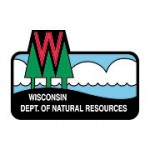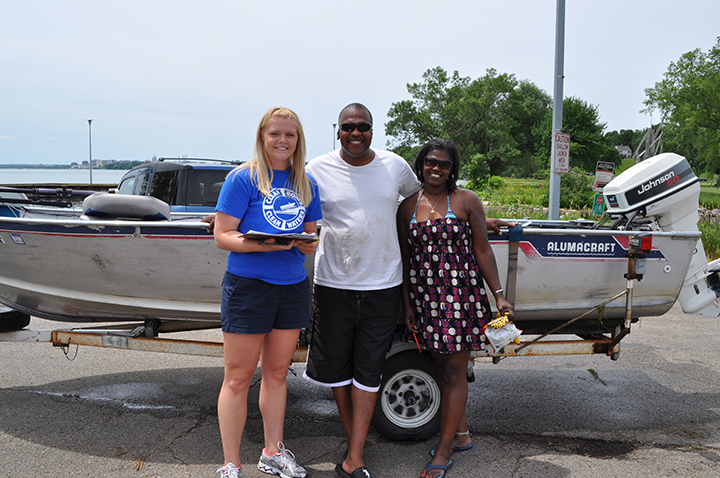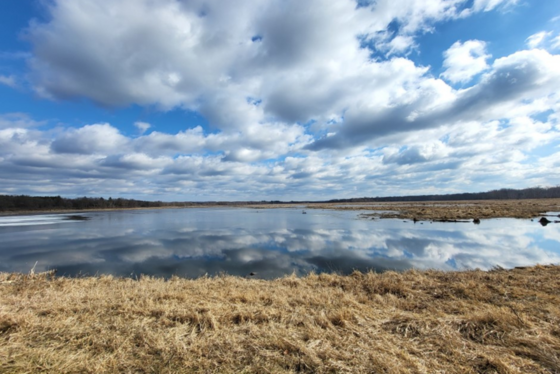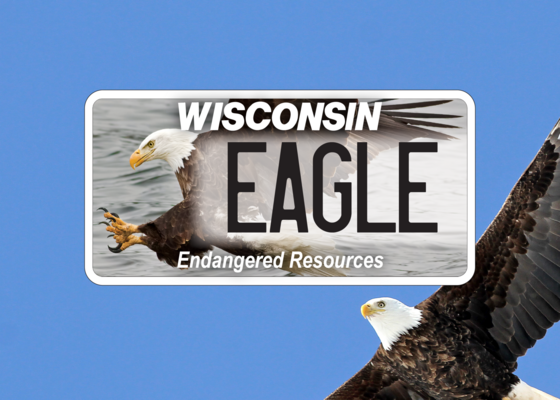Wisconsin Natural Resources Board Approves DNR Effort to Create New PFAS Standards
PFAS Permanent Rulemaking Process Moves Forward
MADISON, Wis. – The Wisconsin Natural Resources Board Wednesday gave the green light for the Department of Natural Resources to begin permanent rulemaking for establishing environmental standards for PFOA and PFOS in groundwater, surface water and public drinking water in order to protect public health. The board voted 5-1. PFOA and PFOS are two of an estimated 4,000 PFAS substances.
In August, Governor Evers requested the DNR address PFAS contamination in drinking water, groundwater and surface water. As part of that announcement, the governor directed the DNR to pursue rulemaking, using science-based recommendations from the Department of Health Services (DHS). That rulemaking includes making changes to the following rules:
-
NR 809 (Wis. Admin. Code), Safe Drinking Water Standards for public water supplies – To reduce certain PFAS substances in drinking water.
-
NR 140 (Wis. Admin. Code), Groundwater Quality Standards – To reduce PFAS contamination in the state’s primary source of drinking water, the state’s groundwater.
-
NR 105 (Wis. Admin. Code), Surface Water Quality Standards – To reduce PFAS contamination in the state’s surface waters by establishing discharge limitations for certain PFAS substances.
PFAS are a group of human-made chemicals used for decades in numerous products, including non-stick cookware, fast food wrappers, stain-resistant sprays and certain types of firefighting foam. These legacy contaminants have made their way into the environment through spills of PFAS-containing materials, discharges of PFAS-containing wastewater to treatment plants and certain types of firefighting foams.
PFAS can persist in the environment and the human body for long periods of time. Recent scientific findings indicate that exposure to certain PFAS may have harmful health effects in people. According to the U.S. Environmental Protection Agency (EPA), exposure to some PFAS substances above certain levels may increase the risk of adverse health effects, such as thyroid disease, low birthweights and cancer.
Initial rulemaking steps included developing draft scope statements on the rule changes, which the DNR completed this fall. Scoping statements explain the background behind the changes, how the rulemaking process will proceed, and what kinds of public participation will occur.
The Legislature’s Joint Committee on Review of Administrative Rules (JCRAR) requested the DNR hold preliminary hearings and receive public comments on the rules prior to beginning the permanent rulemaking process. In October the NRB approved those preliminary hearings, and in November the DNR held hearings in Madison, Green Bay and Eau Claire.
Public participation is a critical component of agency rulemaking. There are numerous opportunities to participate in the DNR rulemaking process, from participating on the technical advisory committee to testifying at meetings and hearings. State law requires DNR to complete the entire rulemaking process within 30 months from when it is announced to the public.
In April of 2019, the DNR has requested that the Department of Human Services evaluate an additional 34 PFAS compounds to determine if there is enough scientific information to recommend additional groundwater enforcement standards for those 34 PFAS compounds. The governor has also asked the DNR via executive order to establish a Wisconsin PFAS Action Committee (WisPAC) and public information sites to inform the public on the matter of PFAS and the risk these chemicals pose to public health and Wisconsin’s natural resources.
NOTE: This press release was submitted to Urban Milwaukee and was not written by an Urban Milwaukee writer. While it is believed to be reliable, Urban Milwaukee does not guarantee its accuracy or completeness.
Mentioned in This Press Release
Recent Press Releases by Wisconsin Department of Natural Resources
Help Stop The Spread Of Aquatic Invasive Species
Jun 25th, 2025 by Wisconsin Department of Natural ResourcesGreat Lakes Landing Blitz, June 30 – July 13
DNR Celebrates 85 Years Of Bald Eagle Protection And National Eagle Day
Jun 20th, 2025 by Wisconsin Department of Natural ResourcesSupport Endangered Species Conservation And Bald Eagle Recovery In Wisconsin
























